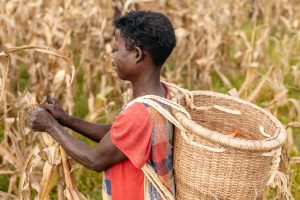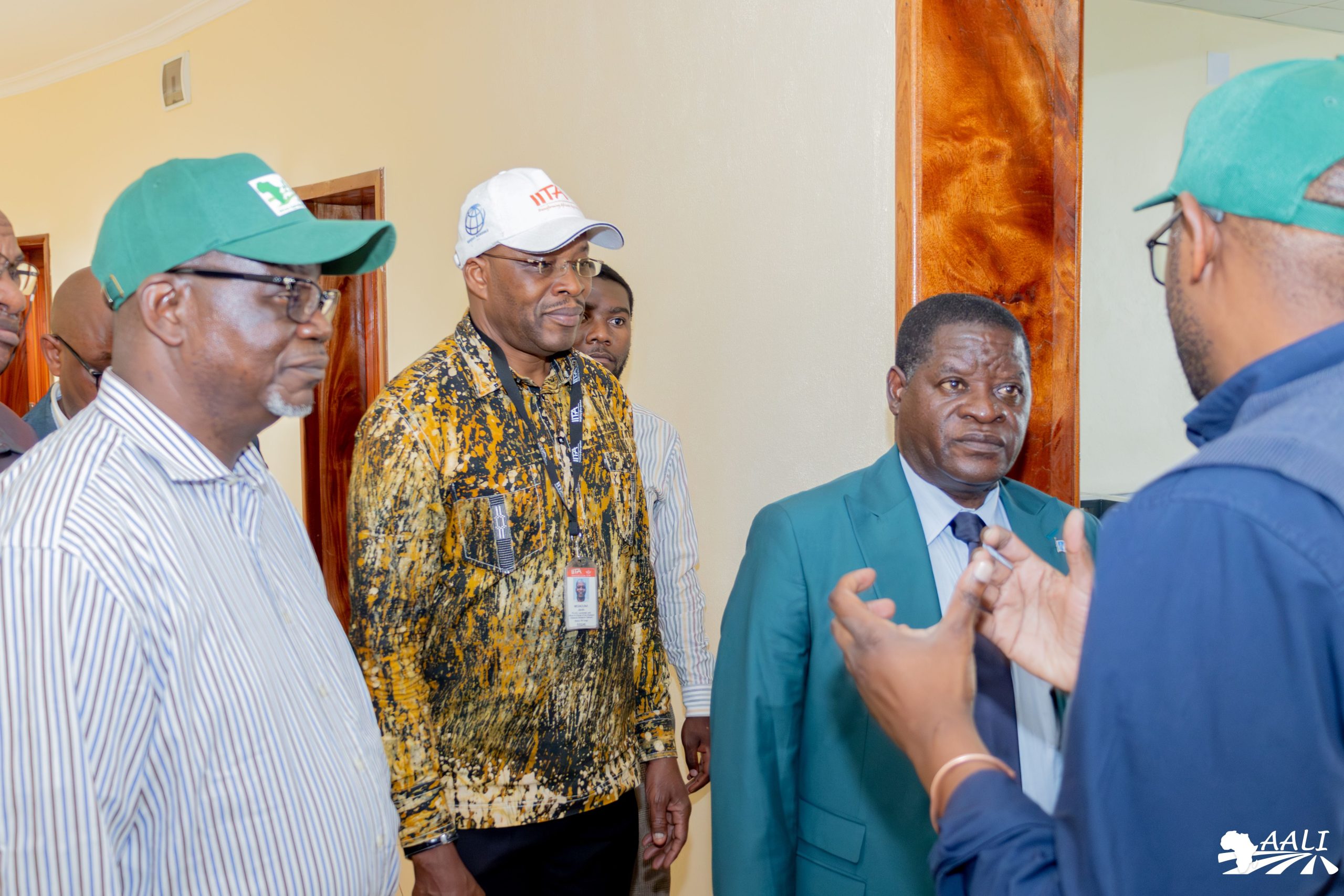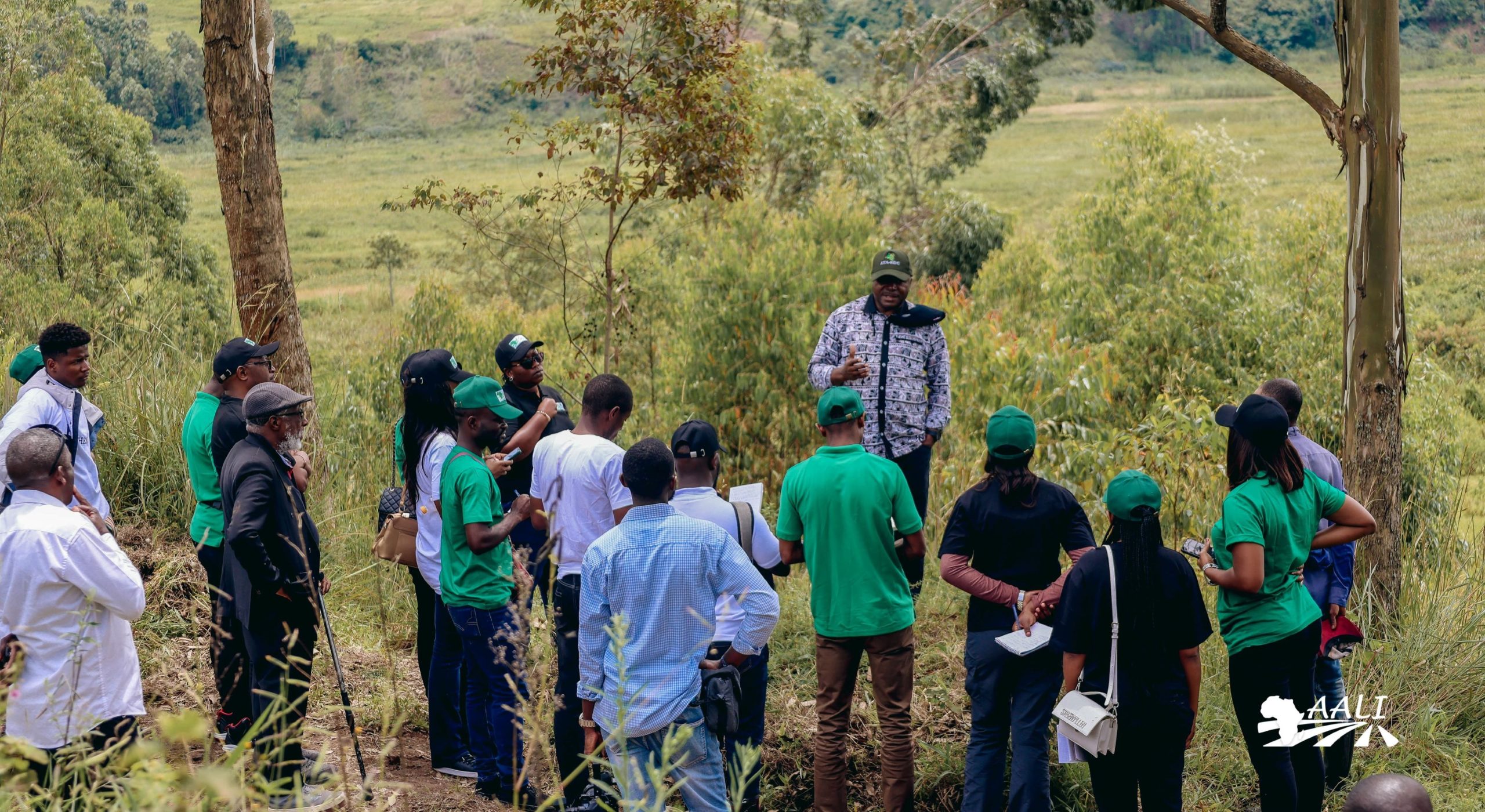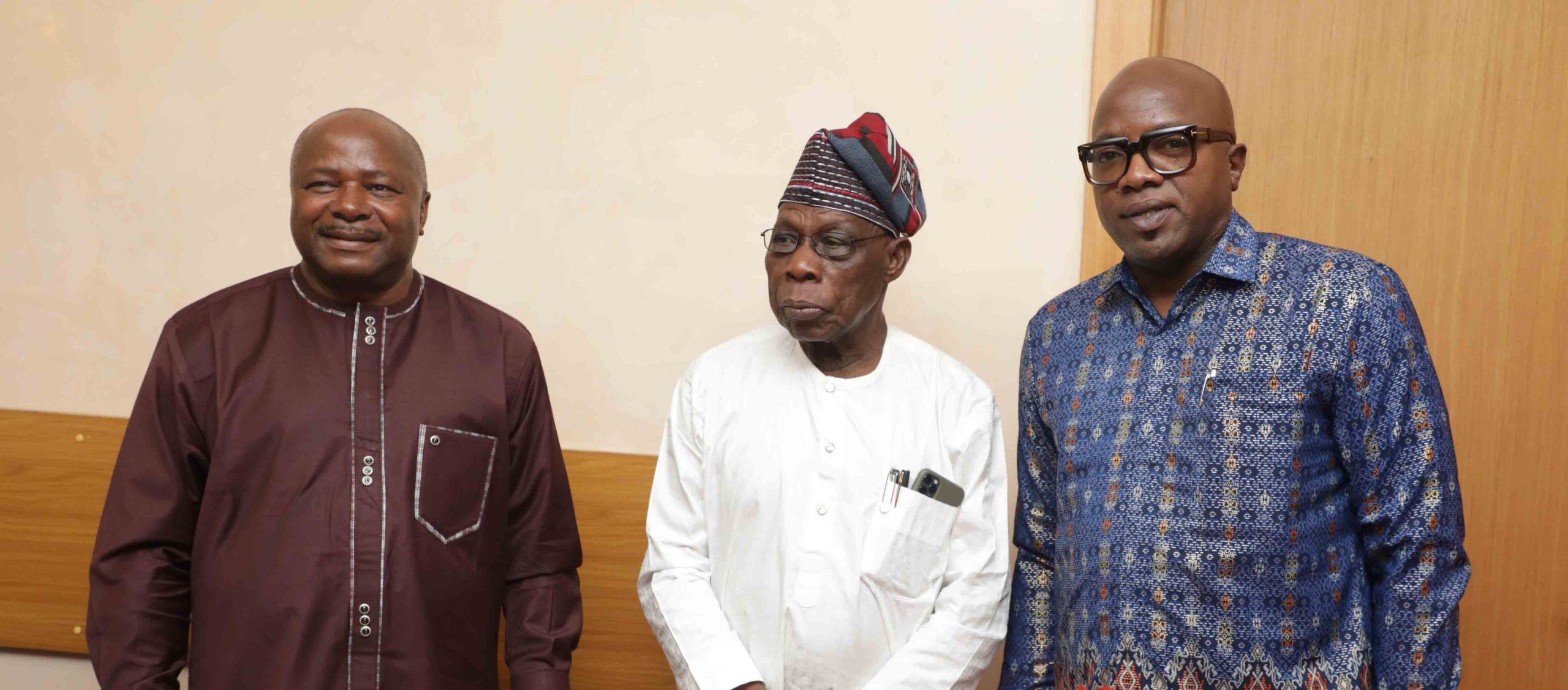Agriculture in Africa is acclaimed to be a fertile area for economic prosperity on the continent; it is however bedeviled by many setbacks, such as knowledge gap, lack of adequate funding, untapped potential in Sub- Saharan Africa. At the same time, Africa must confront three intractable challenges of food import, aging farmer community and poor leadership.
 During the last decade, there was a unique African perspective to African agriculture in a manner that was previously beyond the scope of international agricultural organizations. This includes: the development of a ‘Youth Agripreneurs’ movement for graduate youth; reaching out to younger youth in secondary schools; mobilizing meaningful economic participation among marginalized people as skilled workers and agribusiness owners; and, the innovative design of the “Technologies for African Agricultural Transformation Program (TAAT), funded by the African Development Bank (AfDB) with the aim to deploy productivity-enhancing agricultural solutions through national programs.
During the last decade, there was a unique African perspective to African agriculture in a manner that was previously beyond the scope of international agricultural organizations. This includes: the development of a ‘Youth Agripreneurs’ movement for graduate youth; reaching out to younger youth in secondary schools; mobilizing meaningful economic participation among marginalized people as skilled workers and agribusiness owners; and, the innovative design of the “Technologies for African Agricultural Transformation Program (TAAT), funded by the African Development Bank (AfDB) with the aim to deploy productivity-enhancing agricultural solutions through national programs.
According to Dr Nteranya Sanginga, President of AALI and forerunner of the above named initiatives, this progress stands in contrast to a business-as-usual approach employed in the past, where international consultancy firms headquartered outside of Africa design, monitor and evaluate agricultural development projects in African countries.

Thus, AALI aims to influence political will in Africa in favor of African agricultural transformation agenda. This it does through three key objectives: 1) to provide political advisory services, 2) to foster youth empowerment on all levels, and 3) to lead agricultural transformation processes. The organization has a strong linkage with African governments, development banks, and works closely with the private sector.
AALI now operates as an independent, international and non- governmental organization that provides a distinct African voice to the diverse services required to guarantee and accelerate Africa’s needed agricultural transformation, particularly among its poorest households, women and youth.

AALI recognizes the need to boost the intellectual capacity related to strategic agricultural planning, thus it partners with country ministries of Agriculture, international and national organizations, and the private sector to (i) promote scientific and technological innovation and, (ii) to improve upon human resource and infrastructure capacities across initiatives related to agriculture, health and nutrition, primary and secondary education and natural resources management in sub-Saharan Africa.

